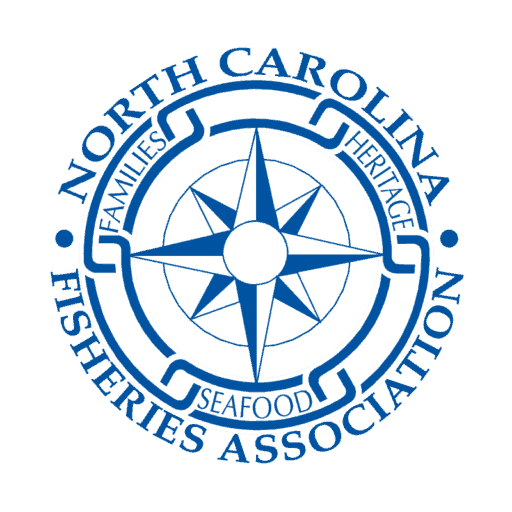Red Snapper, Plain and Simple
My last couple articles seemed to connect with many readers, some good connections and some maybe not so good. I personally received some really good feedback and I was also forwarded several emails and websites who quoted my articles. I always love seeing our newsletters getting out there for more people to read and hopefully get people more engaged in the issues. I also want to encourage any and all of the people who saw our newsletter on these other sites to keep reading our articles from our website (ncfish.org) or our Facebook page and/or email me or Aundrea (aundrea@ncfish.org) to get added to our email list.
I know most of the people reading this already know, but for some of the new readers who maybe were misled by some of the people sharing our message, I feel like I needed to clarify a couple things.
First of all, North Carolina Fisheries Association has never held any position or stood against recreational private anglers or charter for-hire businesses. In reality, we regularly work with recreational anglers and charter for-hire captains and we recognize the importance of all these segments in the fishing community. NCFA knows that healthy fish stocks are the key to keeping everyone out there on the water and that is what we are focused on!
Secondly, the red snapper lawsuit is not a case against recreational fishermen. Far from it. This is a case about decades of bad management. The South Atlantic red snapper stock was experiencing overfishing before management started 40 years ago. Yet with all the added regulations and all but eliminating harvest for 13 years, the stock is still overfished with overfishing occurring. Common sense should tell you something is not working with the current management strategy.
And yes, I know, (the science and management also know) that the South Atlantic red snapper abundance is at an all-time high. The problem is not the number of red snappers out there. The overfished status is due to the fact that the red snapper stock is age truncated, most of the red snapper are between 2-5 years of age. The number of mature spawning fish has to recover to allow this stock to be declared rebuilt which in turn will lead to more fish available to harvest.
A lot of the misinformation with this lawsuit and red snapper management stems from people intentionally not being told the whole story (like most of fabricated issues that try to divide the recreational and commercial sectors). Almost all the public comment and frustration with the South Atlantic red snapper fishery has been fishermen (recreational and commercial) upset that they are not allowed to harvest these fish. If these “conservation” groups who spread the misinformation about the time and depth area closures had actually let the discussions happen, management might have been able to begin a path forward and rebuild this stock, without a lawsuit!
Image for me if you will, a depth closure that would protect 50-75% of the red snapper stock from fishing pressure. Fish have tails, they do not all live and stay in certain depths, heck 25-50% are outside the closed area. Image again having these closed areas would result in everyone having a longer harvest season with higher bag limits. That would not be so bad, would it? With the abundance so high and these fish being everywhere, surely people would still continue to catch red snapper but now you can actually take some home to eat and be satisfied with management.
This was the discussion the South Atlantic Council and the National Marine Fisheries service were supposed to have. They were not going to close ALL bottom to fishing! These closures would have represented a huge reduction in removals which could have brought this stock out of the overfishing status almost immediately and gotten us on the fast track to ending the overfished status!
These are the issues NCFA is here to address. We want management decisions to work for everyone. Whether you harvest fish commercially or recreationally. Whether you just love to eat fish or whether you only catch-and-release fish. Everyone has to sacrifice for the good of our fish stocks. If over harvest is happening, we cut harvest, textbook fisheries management. If we are removing too many fish through dead discards then we need to start cutting dead discards, plain and simple.
Thomas Newman
Fisheries Liaison
